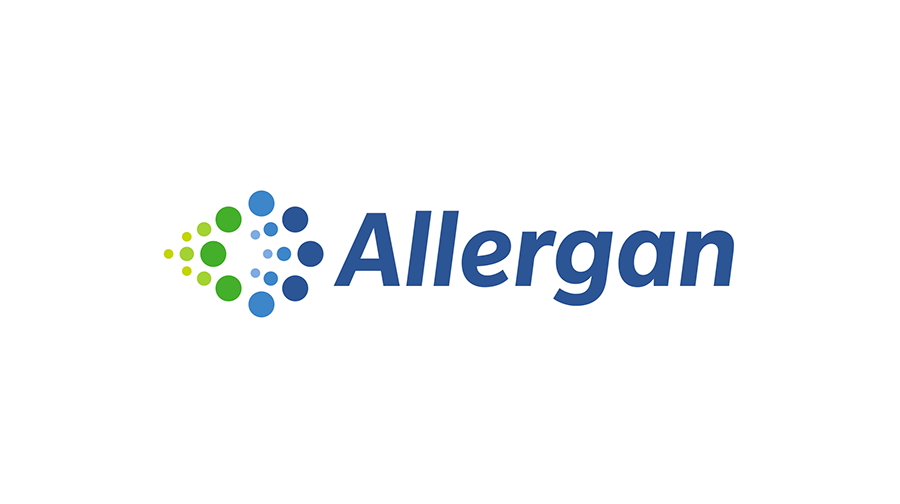Judge throws out Allergan patents, criticises Native American tribe deal

A federal judge has thrown out patents protecting Allergan’s blockbuster dry-eye drug Restasis, and has criticised its related deal with a Native American tribe.
In the ruling US Circuit Judge William Bryson said that patents on new formulations of Restasis (cyclosporin) were invalid due to obviousness.
Allergan has constructed a network of legal defences to protect Restasis, a blockbuster with sales of around $1.5 billion a year, from generic competitors.
Bryson said a new formulation involving castor oil did not perform significantly better than other previous formulations, despite evidence from a doctor testifying on behalf of Allergan.
The decision clears the way for four generic competitors – Teva, Mylan, Apotex, and Akorn – from making much cheaper copies as the drug’s main patent expired in 2014.
Bryson’s ruling could also mean that Allergan’s controversial strategy of selling patents to the St Regis Mohawk Tribe has failed.
In September, Allergan took the unprecedented step of selling patents to the tribe, which can use its special legal status to prevent a procedure known as an inter partes review (IPR), where an appeal board decided whether patents can be contested.
Under the terms of the deal, the tribe, based in Akwesasne, New York state, gets a batch of patents that are set to expire in August 2024, plus $13.75 million up front and $15 million in annual royalties.
The thinking is that is that the tribe’s legal status grants it immunity to IPRs, leaving Allergan free to charge top prices for Restasis until the patents expire, while the tribe uses royalties to sustain its community.
The tribe has already intervened and asked for IPR proceedings before the US Patent and Trademark Office to be dismissed because of its sovereign immunity.
Bryson decided the tribe should join the case to ensure the patents cannot be challenged on grounds that the wrong parties are named.
He said in the ruling that the court has “serious concerns” about the legitimacy of the deal, saying that the pharma has “rented” the tribe’s sovereign immunity in order to defeat the IPR proceedings.
If allowed to stand the deal could undo the PTO’s entire IPR system, Bryson said.
Restasis is also competing against Shire's newer dry-eye drug, Xiidra (lifitegrast), which was approved and launched in the US last year.
US lawmakers from both sides of the political divide have attacked Allergan's novel tactic. Democratic Senator Claire McCaskill has already drafted a bill in response to the move, and a US House of Representatives committee has launched an investigation.











